No longer exclusively confined to agricultural applications and pole barns, metal roofs are fast becoming one of the most popular residential roofing choices. Here are answers to the most common questions you may have about this green roofing solution.
1. How does metal roofing compare with other roofing materials in terms of investment?It's true that the installation cost of quality metal roofs is higher than that of traditional asphalt shingles. However, unlike asphalt roofs which need to be replaced every 10-20 years, a metal roof generally will last for a lifetime. It's the last roof you'll ever need, so if you're planning on staying in your home for a long time, your overall cost goes down with each decade you avoid a roof replacement. In addition, studies show that, depending on the area in which you live, you can recoup somewhere between 85-95% of the installation cost in terms of increased home value.
2. What other savings can be realized with a metal roof?In addition to avoiding the cost of periodic roof replacements, when you install a metal roof, many homeowners' insurance companies will give discounts (up to 25%) on your premium since these roofs are highly resistant to hail damage and are noncombustible, providing better fire protection for your home. And because metal roofs are highly reflective, redirecting solar energy away from the home instead of absorbing it and transmitting it to the interior as do asphalt roofs, you could save up to 30% on your summer cooling expenses.
3. Doesn't a metal roof make my home more likely to be struck by lightning?No, this is a fallacy. In fact, in areas prone to lightning strikes, a metal roof is probably the safest covering your home could have. Lightning is attracted to the highest point in the area it strikes, not to metal objects. In fact, if your home is struck by lightning, the electricity generated would be dispersed by the roof, and unlike with an asphalt roof, no fire would result due to the lack of flammability of the roof.
4. Won't it be loud inside my home?If you're thinking of the noise inside a pole barn during a rainstorm, you've got the wrong idea. Metal roofing, when installed on homes, is insulated and has an underlying roof structure that provides an effective noise barrier. Barn installations rarely have anything underneath the sheet metal, hence the sound transfer. The truth is, that in many installations, a metal roof provides a quieter roof than asphalt shingles.
5. What about rust?Today's metal roofs designed for residential installation have factory-bonded coatings which resist rust. In addition to this zinc or zinc-compound coating, color layers are applied over the top, protecting the underlying metal even more.
If you have questions about metal roofs, please give us a call. As contractors specializing in green building, we highly recommend them for Minnesota homeowners interested in environmentally-friendly building solutions.
Subscribe to Quarve Contracting's Blog


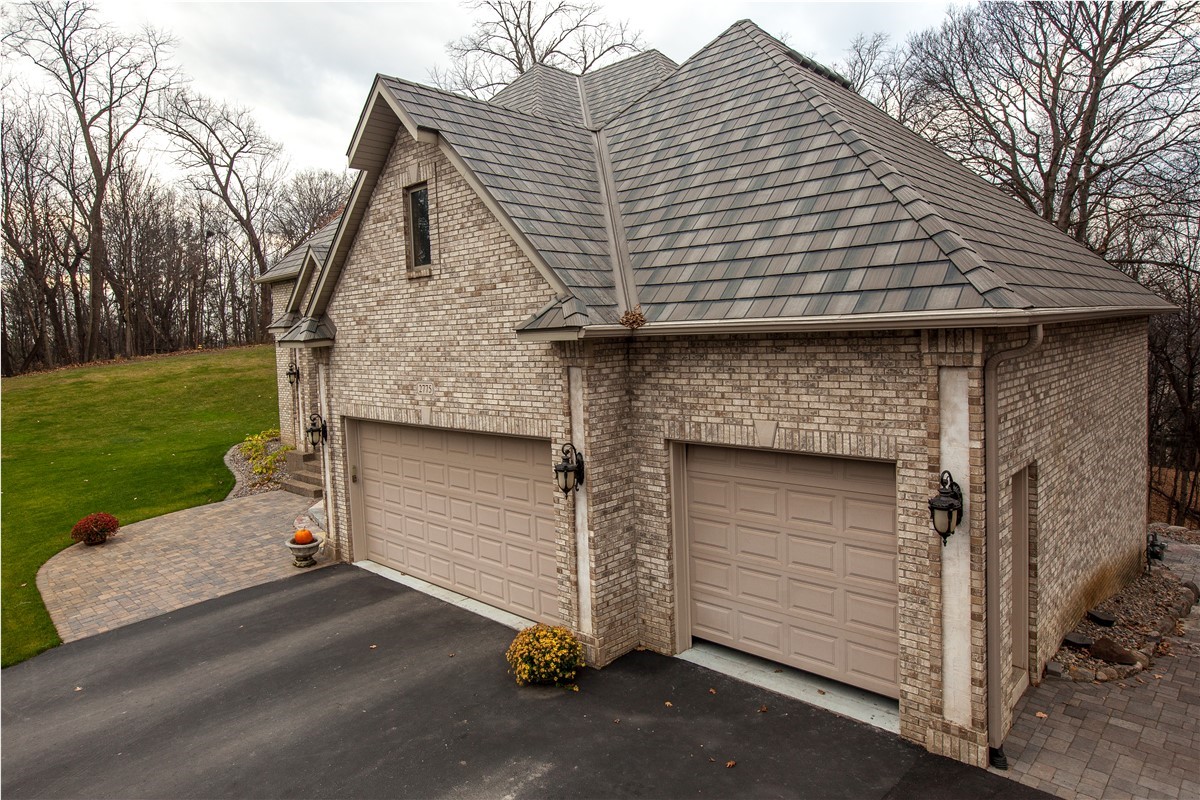
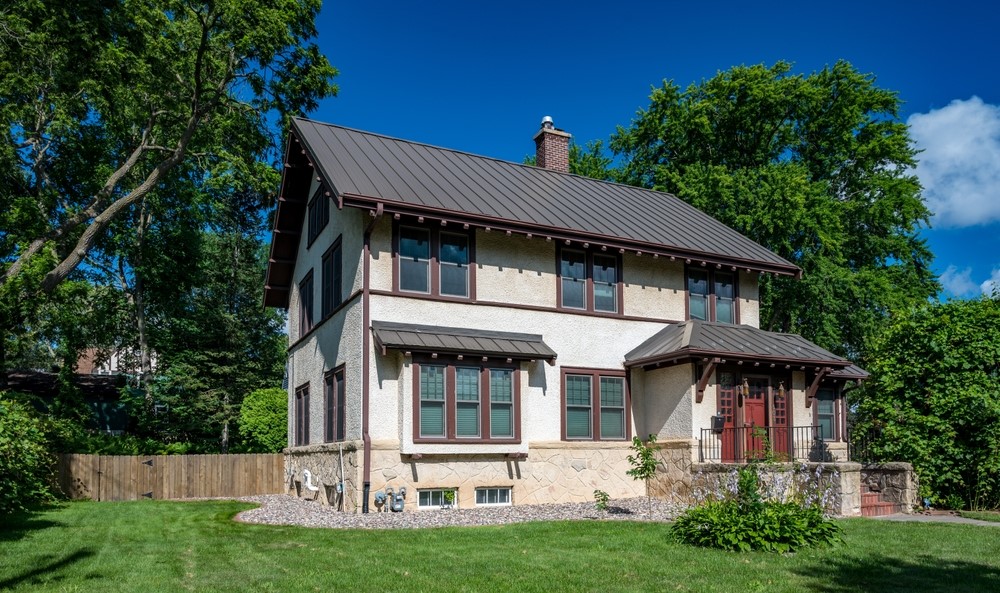
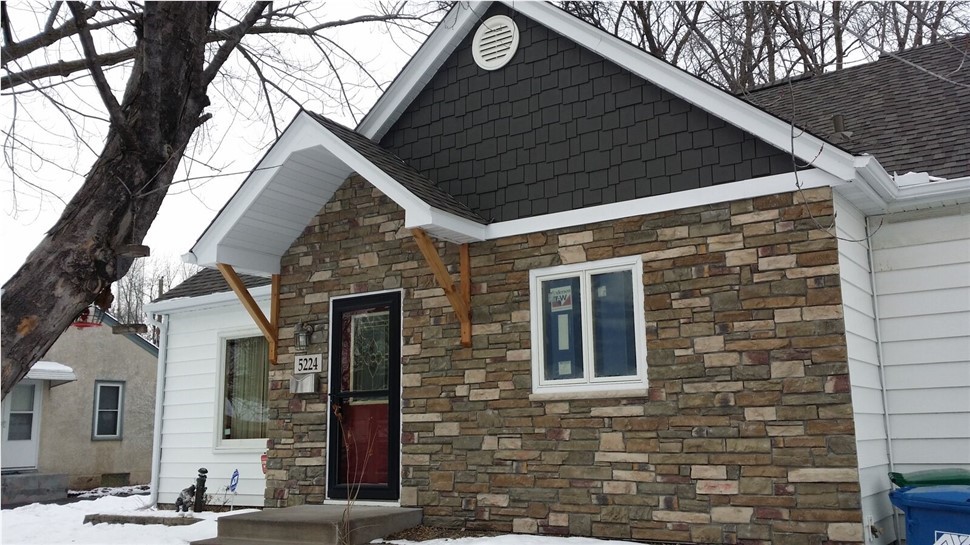
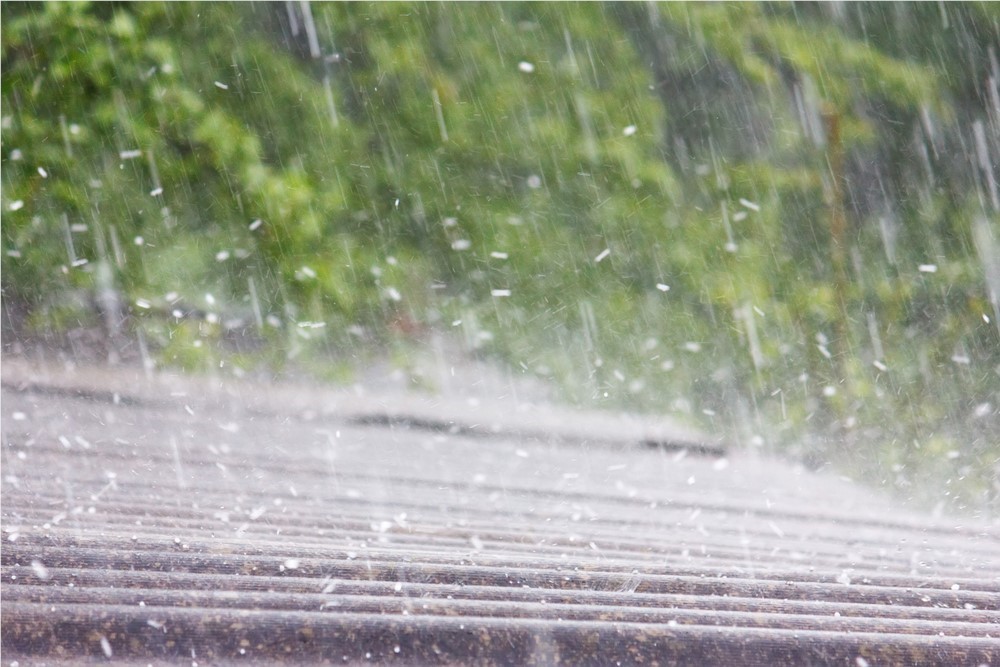
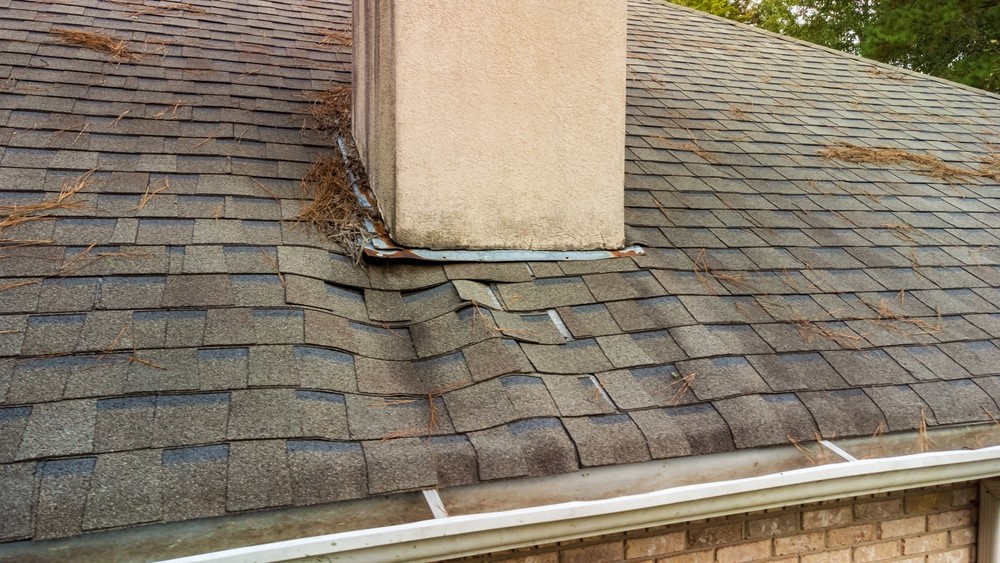
Comments